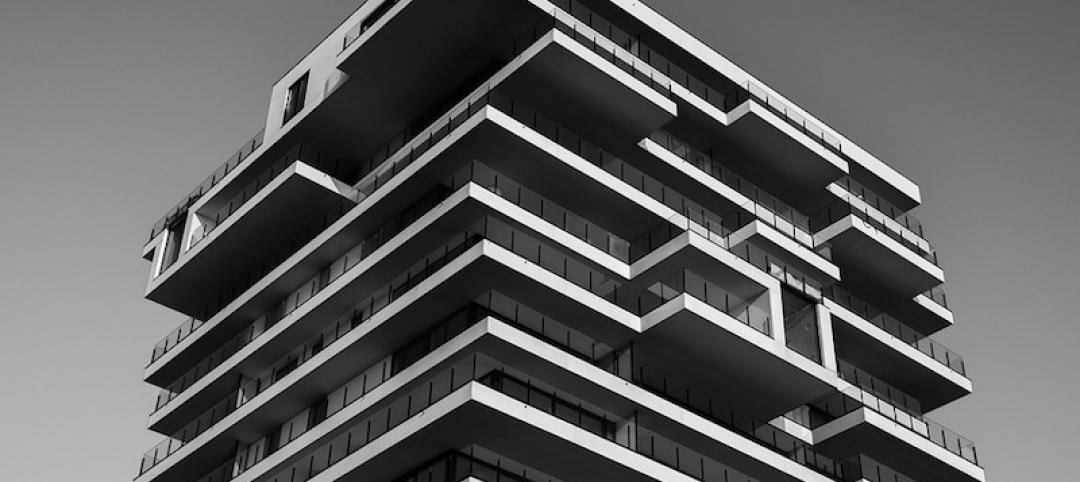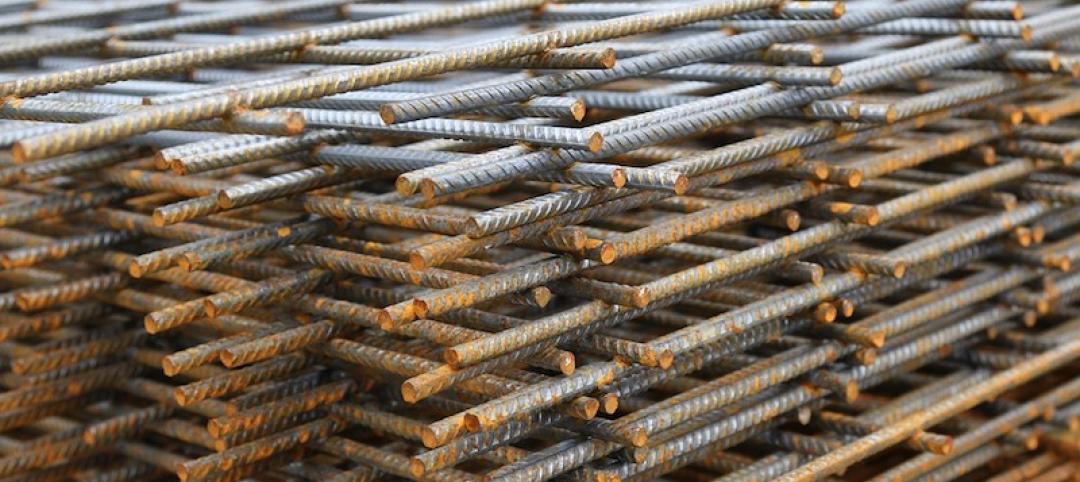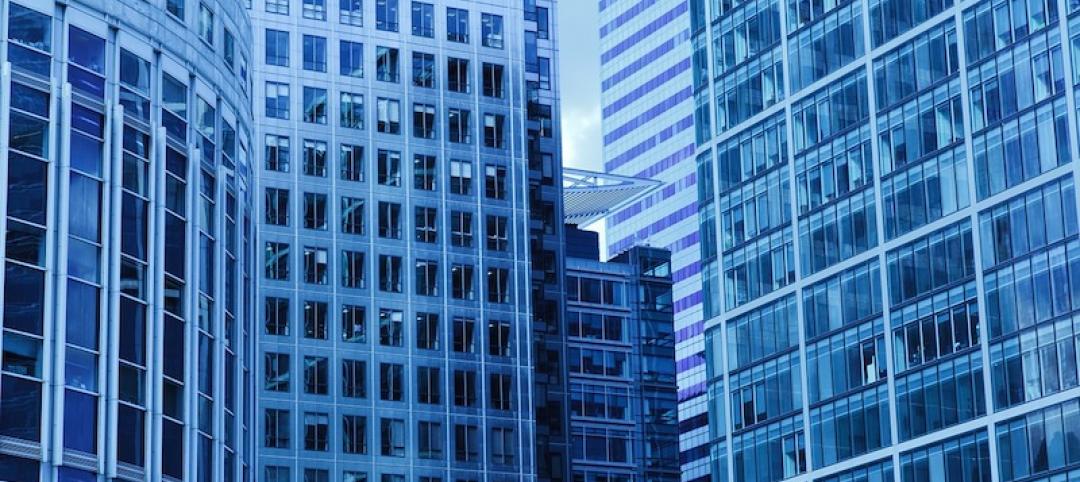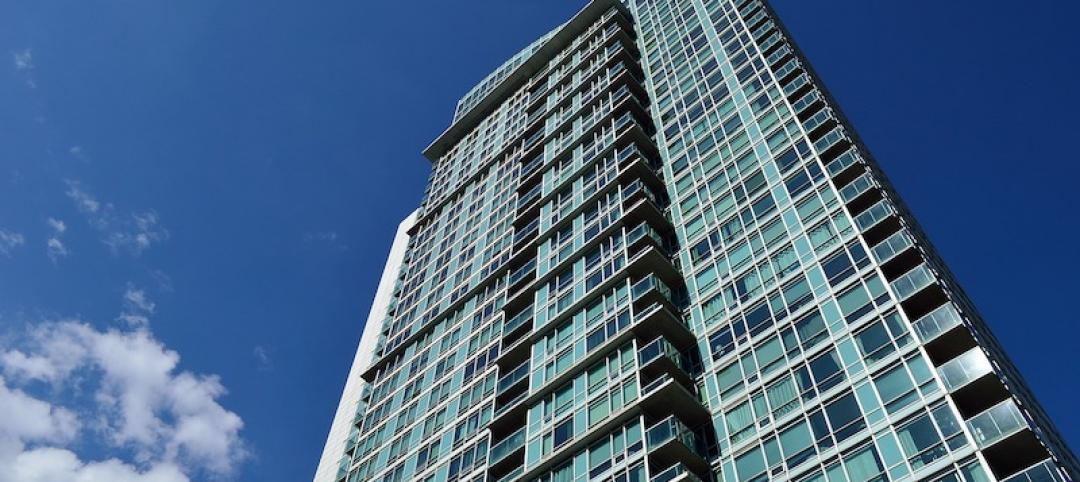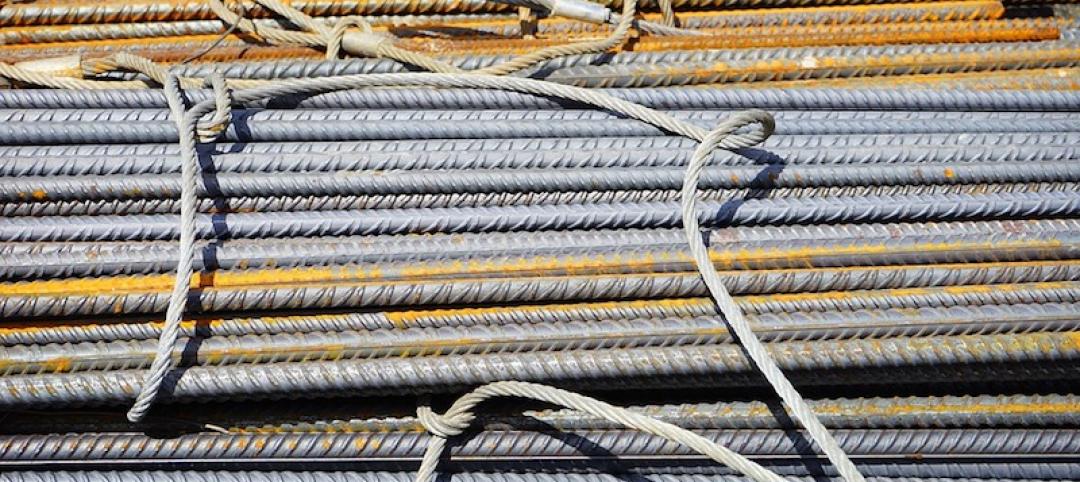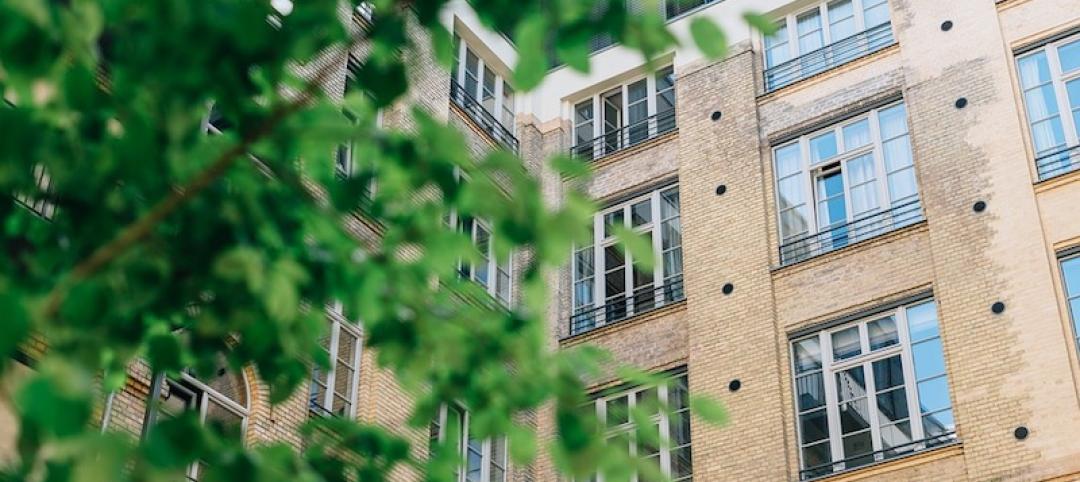In an effort to support the COVID-19 response, the American Institute of Architects (AIA) has launched a task force to help inform public officials, healthcare facility owners and architects on adapting buildings into temporary healthcare facilities.
“On a daily basis, I am hearing from our architects who feel a deep sense of moral duty to support our healthcare providers on the frontlines of this pandemic,” said AIA 2020 President Jane Frederick, FAIA. “As our communities assess buildings to address growing surge capacity, we hope this task force will be a resource to ensure buildings are appropriately and safely adapted for our doctors and nurses.”
AIA encourages federal, state and local government to adapt appropriate existing buildings to meet the growing healthcare and quarantine needs resulting from the COVID-19 pandemic.
The task force is charged with developing a COVID-19 Rapid Response Safety Space Assessment for AIA members that will include considerations for the suitability of buildings, spaces, and other sites for patient care. The assessment will be developed by architects with a wide range of expertise, including healthcare facility design, urban design, public health and disaster assistance.
“During the COVID-19 pandemic public health response there is an unprecedented need for the adaptive reuse of buildings to serve a variety of functions,” said environmental health scientist Dr. Molly Scanlon, FAIA, FACHA, who is the director of standards, compliance and research at Phigenics. “Architects and our allied design and construction professionals are in a unique position to leverage our advanced problem-solving skills to bring forth ideas for community implementation.”
The task force—chaired by Dr. Scanlon—plans to release its report in early April in an effort to help inform decisions to address the pandemic.
“This is a race against time for healthcare facilities to meet bed surge capacity needs” said AIA Academy of Architecture for Health President Kirsten Waltz, AIA, ACHA, EDAC, LEED, who is the director of facilities, planning and design at Baystate Health. “This task force will help inform best practices for quickly assessing building inventory and identifying locations that are most appropriate to be adapted for this crisis.”
Waltz and other members of the task force are helping bridge the needs of healthcare providers by modifying hospitals and smaller facilities to meet the growing bed surge demand and to increase areas for medical screening, triage, and other patient care.
Related Stories
Market Data | Aug 13, 2018
First Half 2018 commercial and multifamily construction starts show mixed performance across top metropolitan areas
Gains reported in five of the top ten markets.
Market Data | Aug 10, 2018
Construction material prices inch down in July
Nonresidential construction input prices increased fell 0.3% in July but are up 9.6% year over year.
Market Data | Aug 9, 2018
Projections reveal nonresidential construction spending to grow
AIA releases latest Consensus Construction Forecast.
Market Data | Aug 7, 2018
New supply's impact illustrated in Yardi Matrix national self storage report for July
The metro with the most units under construction and planned as a percent of existing inventory in mid-July was Nashville, Tenn.
Market Data | Aug 3, 2018
U.S. multifamily rents reach new heights in July
Favorable economic conditions produce a sunny summer for the apartment sector.
Market Data | Aug 2, 2018
Nonresidential construction spending dips in June
“The hope is that June’s construction spending setback is merely a statistical aberration,” said ABC Chief Economist Anirban Basu.
Market Data | Aug 1, 2018
U.S. hotel construction pipeline continues moderate growth year-over-year
The hotel construction pipeline has been growing moderately and incrementally each quarter.
Market Data | Jul 30, 2018
Nonresidential fixed investment surges in second quarter
Nonresidential fixed investment represented an especially important element of second quarter strength in the advance estimate.
Market Data | Jul 11, 2018
Construction material prices increase steadily in June
June represents the latest month associated with rapidly rising construction input prices.
Market Data | Jun 26, 2018
Yardi Matrix examines potential regional multifamily supply overload
Outsize development activity in some major metros could increase vacancy rates and stagnate rent growth.



